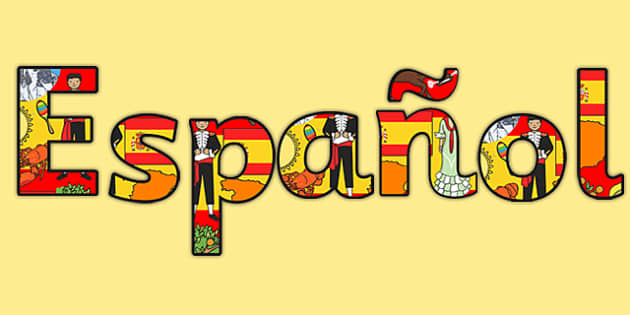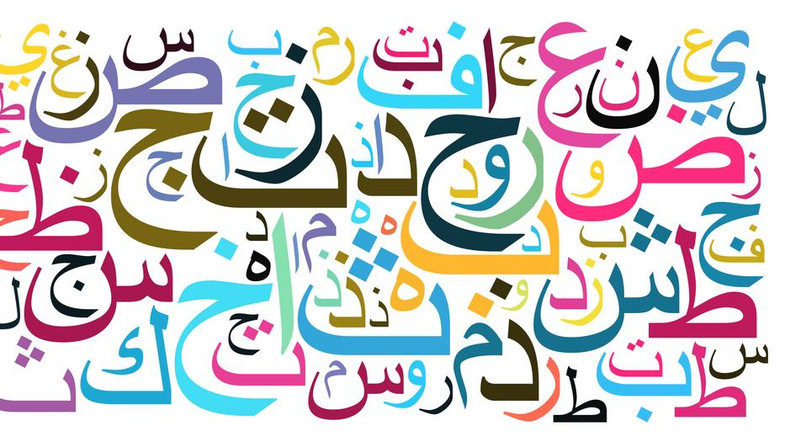In the world of global business outreach, language barriers are no longer insurmountable. Your business can easily integrate into the world with the help of a partner in the region where your business wants to operate. To achieve this, businesses need to localize content into the new language.
In fact, learning a new language is so important that it covers all areas of our lives; From academic collaboration to business transactions, from travel to games, and from ordering products online to reading magazines.
So with 7102 languages in existence, which is the most important language you should learn? Discover right through the article below!
List Of Most Important Languages To Learn Today
1. English
English is considered a global language with more than 370 million speakers – accounting for half of the world's population. Fluency in English is a must if you are looking for professional as well as personal success. English should be at the top of the list of languages to learn. Here are some statistics:
Native speakers: 370 million.
- English speakers but not native speakers: 600 million.
- Official languages in: USA, UK, Australia, Canada and 50 other countries.
- Unofficial languages in: UAE, Sri Lanka and 40 other countries.

>>> See more: 12 English Words With Strange Origins
2. Spanish
For any individual living in the United States, learning Spanish is not only a hobby, but a necessity. In addition, learning Spanish is one of the best investments you can make as it is being spoken by hundreds of millions of native speakers around the world.
In fact, Spanish is second only to Chinese in popularity and importance. Spanish is the third most studied language in the world after English and French.
- Native speakers: 470 million.
- Spanish speakers but not native speakers: 100 million.
- Official languages in: Mexico, Spain, Colombia and 15 other countries.
- Unofficial languages in: Belize, Andorra, Gibraltar and the United States.

3. Chinese (Mandarin Chinese)
Chinese Mandarin is the most commonly spoken language in the world with around 1,2 billion people speaking it as their mother tongue. 70% of China's population uses Mandarin in daily communication. Therefore, China will become the new boss of the future when Chinese has the ability to surpass English as a business language.
This is further fueled by China's GDP figures being higher than those of the US and continuing to accelerate. Let's look at some statistics:
- Native speakers: 1,2 billion.
- Chinese speakers but not native speakers: 200 million.
- Official languages in: China, Taiwan and Singapore.
- Unofficial languages in: Indonesia, southern Vietnam and Malaysia.

>>> See more: Difference Between Traditional and Simplified Chinese
4. French
With the sixth most widely spoken language ranking after Mandarin, French is spoken by 370 million people worldwide. The importance of learning French can be judged by the fact that it is the second most widely spoken language in Europe and one of the six official languages of the United Nations.
France is the sixth largest economy in the world and continues to be the epicenter of all major global businesses.
- Native speakers: 80 million.
- French but non-native speakers: 153 million.
- Official languages: France, Canada, Madagascar, Cameroon and 25 other countries.
- Unofficial languages in: Algeria, Morocco, Egypt and 22 other countries.

5. Arabic
It is generally known that the Arab countries are at the forefront of world business and commerce. Oil-rich Saudi Arabia and the Gulf states are a highly lucrative market for business expansion with positive economic indicators.
Arabic is so important that it is one of the six official languages of the United Nations and the fifth most widely spoken language in the world after Mandarin, Spanish, English and Hindi. Take a closer look with the following stats:
- Native speakers: 290 million.
- Non-Arabic speakers but not native speakers: 132 million.
- Official languages: Egypt, Saudi Arabia, Morocco and 16 other countries.
- Unofficial languages in: Chad, Djibouti, Somalia and South Sudan.

>>> See more: Key Differences Between English And Arabic
6. German
It is the most widely spoken language in Europe. German is one of the three official languages of the European Union. The language is spoken by 3 million native speakers around the world and is rapidly gaining popularity with the advancements in German commerce and business.
- Native speakers: 110 million.
- Non-Arabic speakers but not native speakers: 52 million.
- Official languages: Germany, Belgium, Switzerland, Austria, Luxembourg and Liechtenstein.
- Unofficial languages in: Brazil, Bosnia, Herzegovina and 11 other countries.

The last word
Any language on this list is very important. Therefore, you should try, make an effort to learn them outside of your mother tongue. This is extremely necessary and good for your future. Try your best to be fluent in these languages!
Blog Sharing Translation Experiences

Nguyen Trung Khang - Talented interpreter and translator, passionate about translation
Nguyen Trung Khang is a talented interpreter and translator, with many years of experience in the field of translation and linguistics. He graduated from Ho Chi Minh City University of Education, majoring in Linguistics in 2015.
After graduating, Mr. Khang participated in a professional interpretation and interpretation training course at the University of Foreign Languages - Hanoi National University. He achieved a high-level certificate in interpreting and interpreting, and was also awarded a master's degree in linguistics.